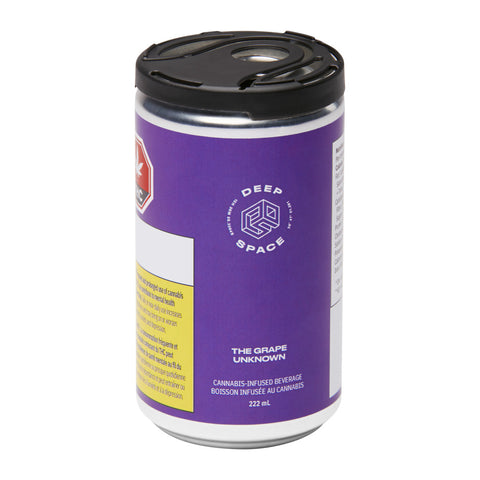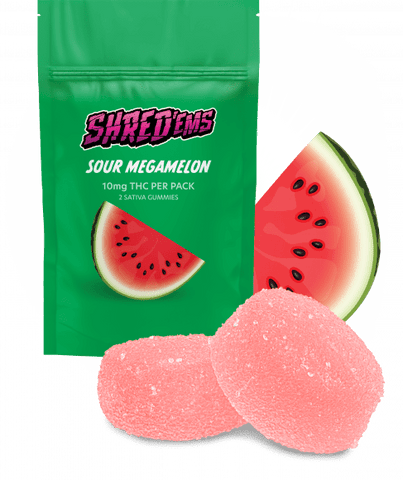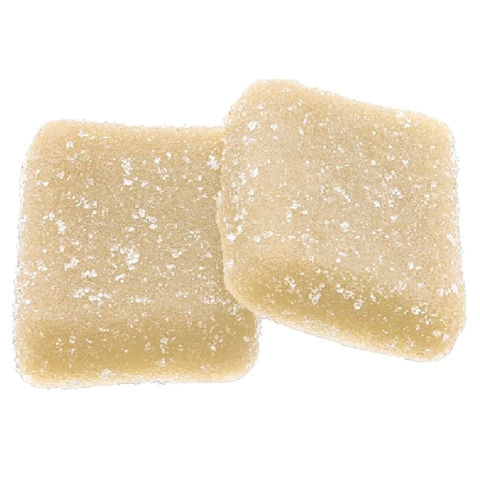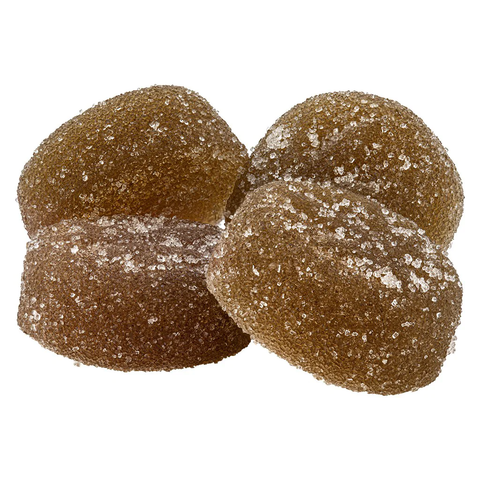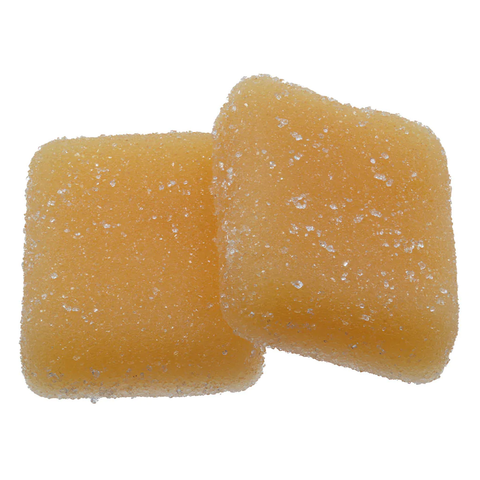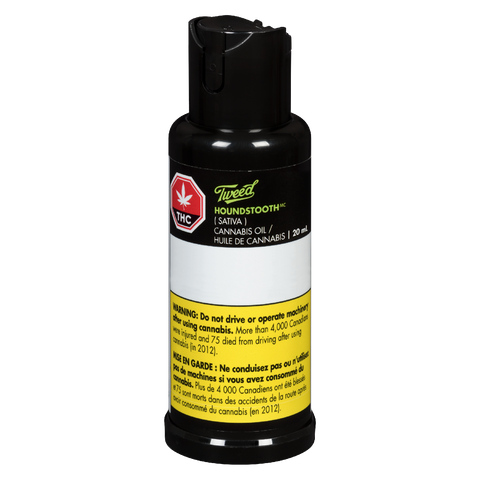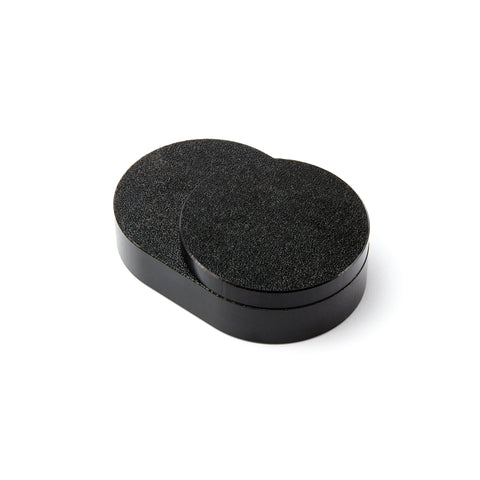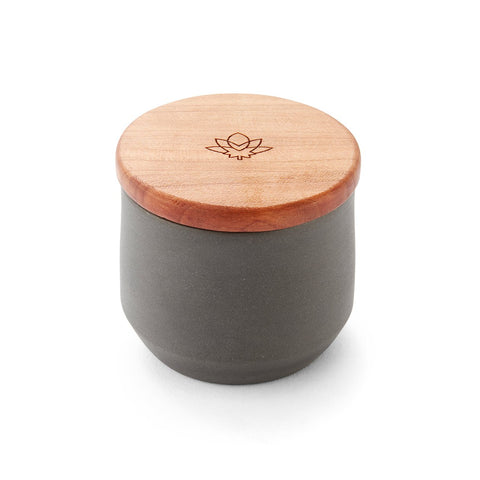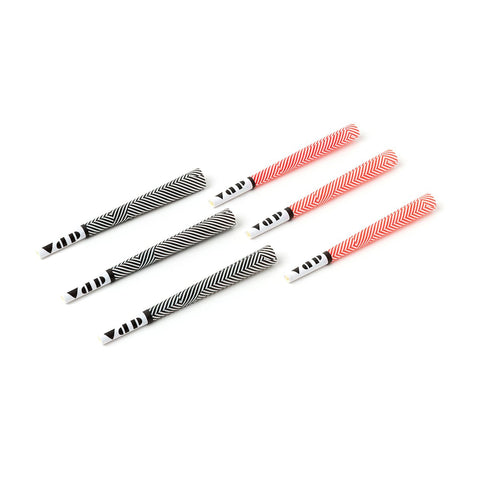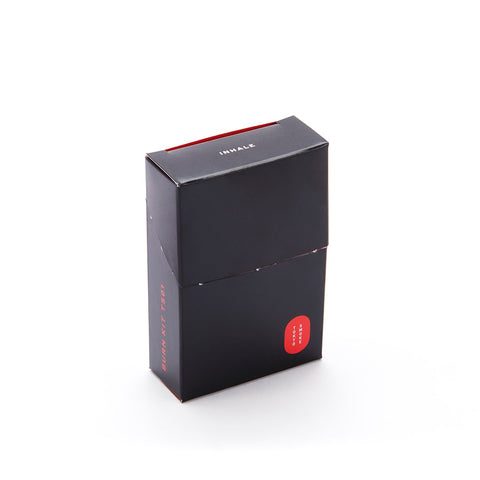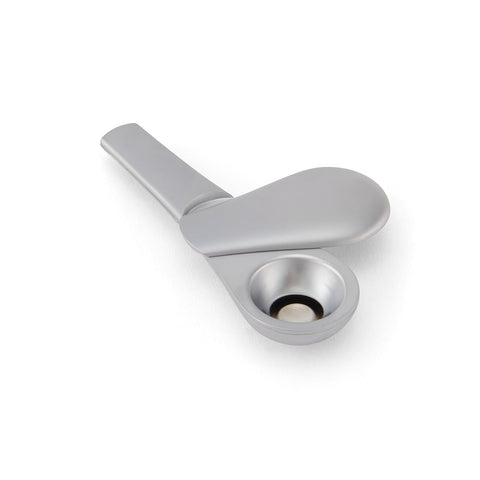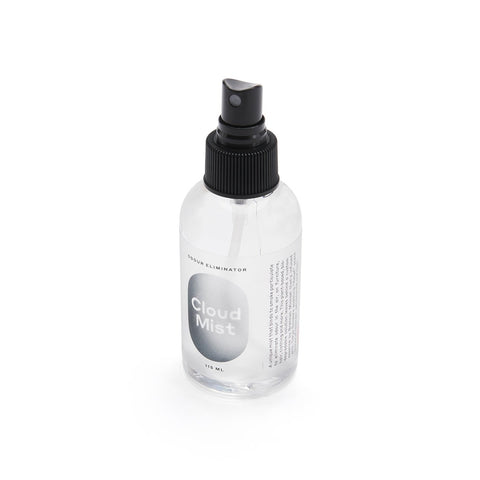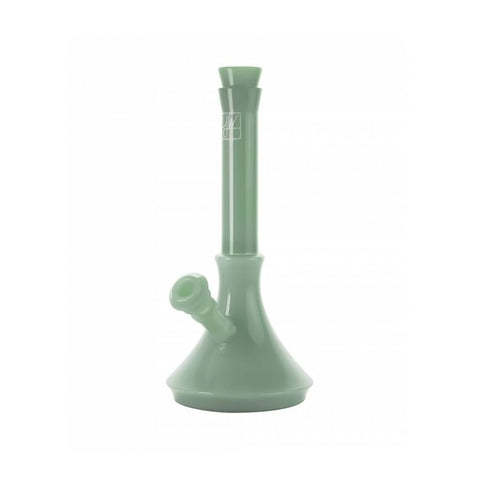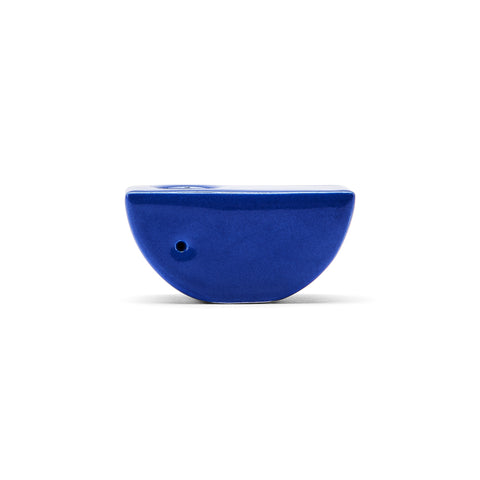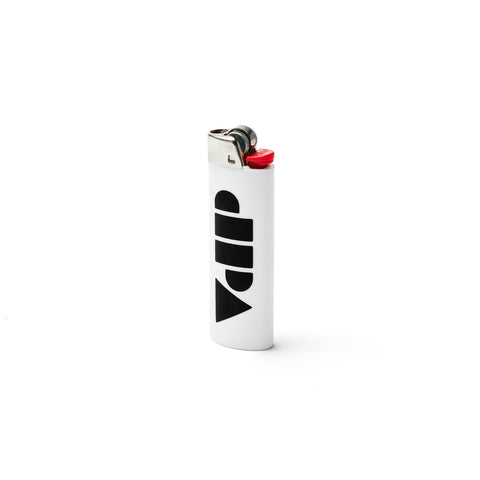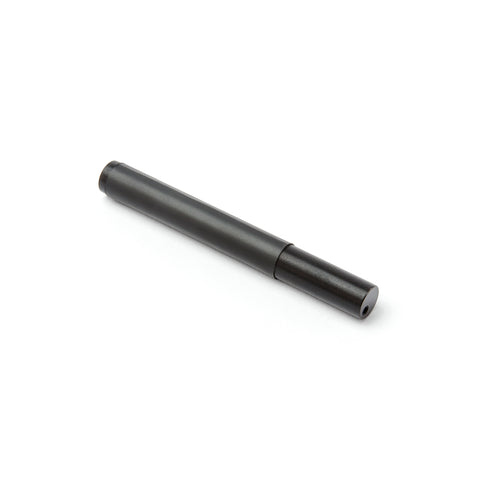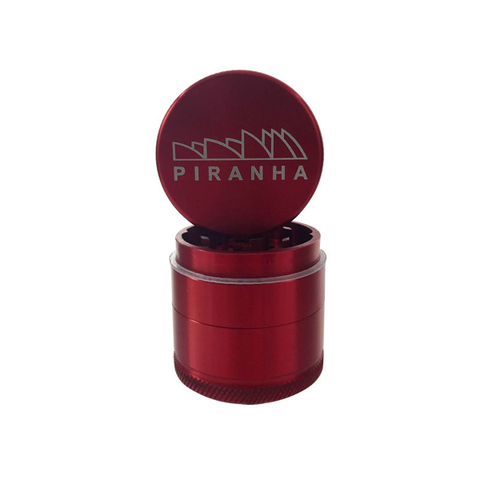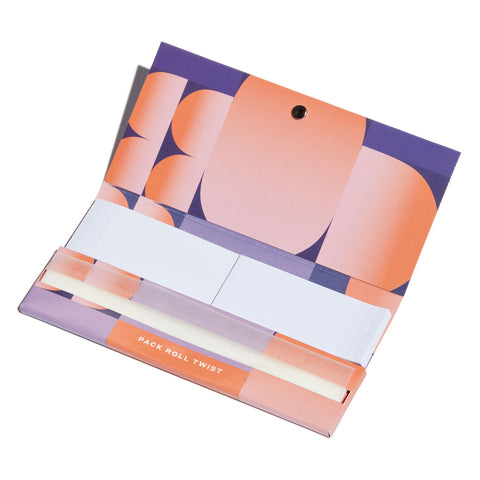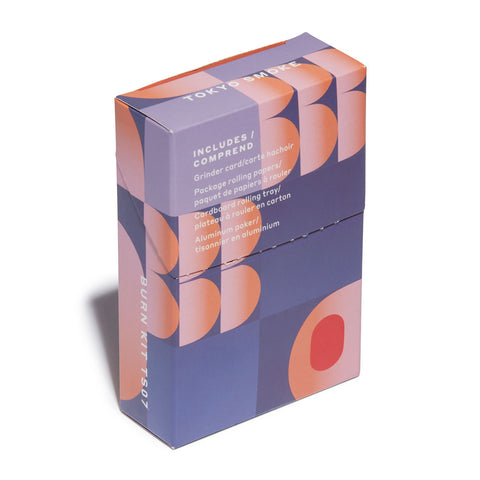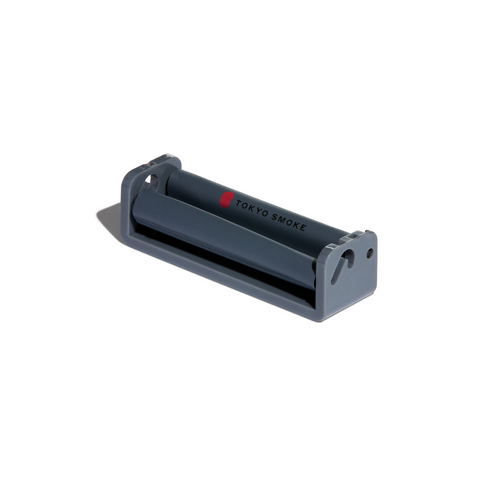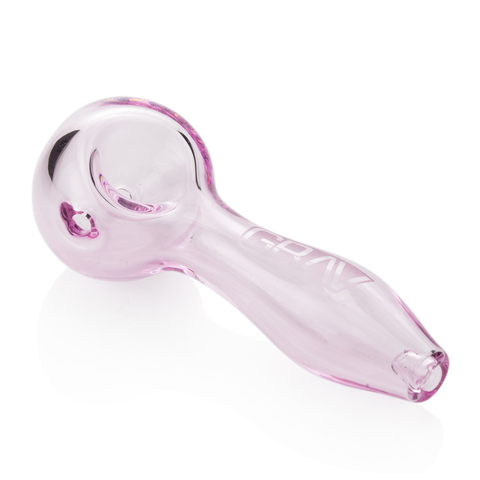So, You’re High. How Long Is This Going to Last?
In your muddle of thoughts and feelings, you might ask yourself, “how long is this going to last, anyway?” While your highs come and go, cannabis intoxication usually subsides in two to six hours, depending on how much you’ve consumed. But tetrahydrocannabinol (a.k.a. THC), the psychoactive compound in cannabis, can actually stay in your body for a month or longer.
Why Do I Care About That?
Here’s the thing: some companies require potential employees to take a drug test during the application process. If you’ve been soothing those job search woes with a little session, this could become a problem.
Maybe you’ve even had an “oh, crap” moment when a could-be employer asked you to take a drug test before offering you your dream job. While many employers are becoming more relaxed about cannabis use, every workplace has its own policies—and we all know what they say about assuming.
Because laws are changing so rapidly in Canada and the United States, it can be tricky for companies to come up with clear, consistent policies. That’s why it's important to understand the language used in contracts or job applications.
What to Look For in Employer Policies
Zero Tolerance Policy
While less common now, some companies still enforce a zero-tolerance policy. This means they’re extremely strict about drug use and may terminate employment immediately if you violate the policy. Look for language like “fit for duty” as a red flag.
Pre-Employment Drug Tests
These are administered during the job screening process. Failing a drug test could result in not being offered the position—even if you’re the most qualified candidate.
Random Drug Tests
These can happen at any time without notice. Whether or not you’re terminated depends on the company’s specific policy. Unfortunately, these tests aren’t always accurate.
A Government of Canada study found that because there's a lack of understanding about how THC is processed, it's difficult to tell whether someone is currently intoxicated. One notable case: a Toronto Transit Commission employee was fired after failing a random oral fluid drug test, which a Dalhousie University study deemed ineffective.
For-Cause Drug Tests
Sometimes called “reasonable suspicion” tests, these are administered if an employer believes drug use is impairing your work performance. A failed test might lead to immediate termination—or a recommendation to attend substance use counselling.
Post-Accident Drug Tests
If an accident happens on the job, employers may administer a drug test to determine if cannabis or other substances played a role. The results could influence disciplinary action.
Why Does Weed Stay in Your System So Long?
THC can linger in your body for weeks, depending on factors like:
- Age
- Gender
- Body size
- Frequency of cannabis use
- Dosage
Unfortunately, there’s no quick fix to flush THC out of your body. Staying hydrated, eating healthy, and exercising might help a little—but not much.
The Science Behind It
THC is absorbed into your bloodstream, then stored in your organs and fat. Your liver eventually breaks it down into a compound called THC-COOH, which is what drug tests actually detect—not THC itself.
Here’s what a 2017 study found about detectability:
- First-time users: up to 3 days
- Regular users (3–4 times/week): 5–7 days
- Daily users: 30+ days
Compared to other substances:
- Alcohol: up to 24 hours
- Magic mushrooms (psilocybin): up to 15 hours
- Methamphetamines: 3–4 days
A Note About Tolerance Breaks
If all this has you considering a break, that’s not a bad idea. A tolerance break—or “T-break”—can offer several benefits:
- Helps you evaluate your relationship with cannabis
- Gives you a chance to experiment with sobriety
- Can make future sessions feel more impactful
To prep for a tolerance break:
- Mentally commit to the pause
- Get rid of any cannabis in your home
- Let your friends know you’re taking a break
- Pick up a new hobby (we recommend knitting—it won’t show up on a drug test)
Whatever your reason for taking a break—or just learning more—understanding how THC interacts with your body can help you make informed choices. So whether you’re navigating the job market or just want to reset your relationship with cannabis, knowledge is power.

